Physics offers a curriculum that emphasizes students’ understanding of fundamental physics concepts while helping them acquire tools to be conversant in a society highly influenced by science and technology.
The course provides students with opportunities to learn and practice critical scientific skills within the context of relevant scientific questions. Topics include the nature of science, math for physics, energy, kinematics, force and motion, momentum, gravitation, chemistry for physics, thermodynamics, electricity, magnetism, waves, nuclear physics, quantum physics, and cosmology.
Scientific inquiry skills are embedded in the direct instruction, wherein students learn to ask scientific questions, form and test hypotheses, and use logic and evidence to draw conclusions about the concepts. Lab activities reinforce critical thinking, writing, and communication skills and help students develop a deeper understanding of the nature of science.
Throughout this course, students are given an opportunity to understand how physics concepts are applied in technology and engineering. Journal and Practice activities provide additional opportunities for students to apply learned concepts and practice their writing skills.
This course is built to state standards and informed by the American Association for the Advancement of Science (AAAS) Project 2061 benchmarks and the National Science Education Standards.
2 semesters, 1 credit

